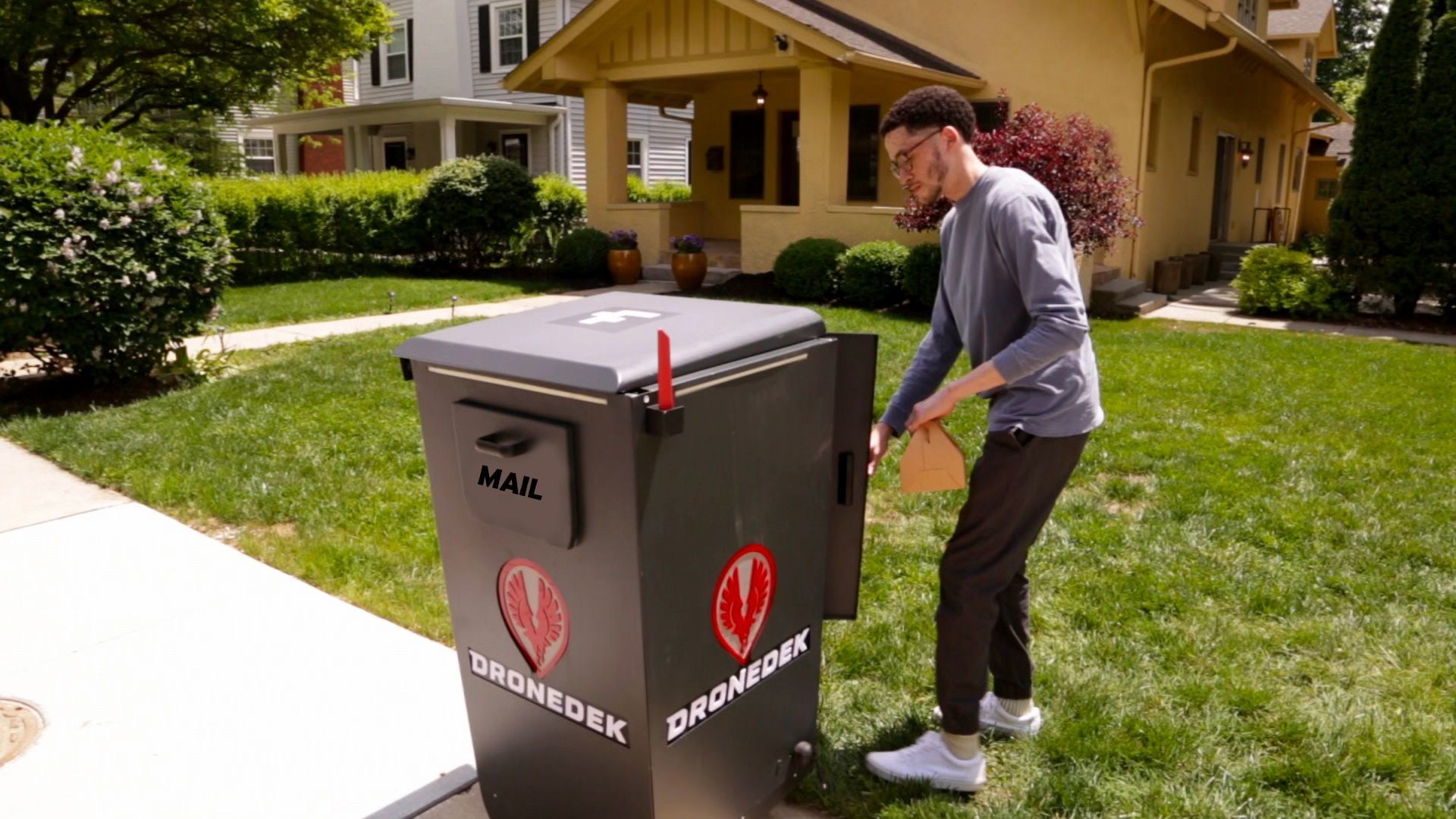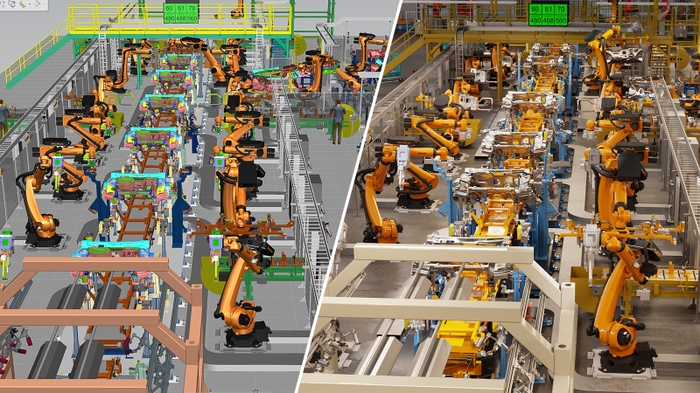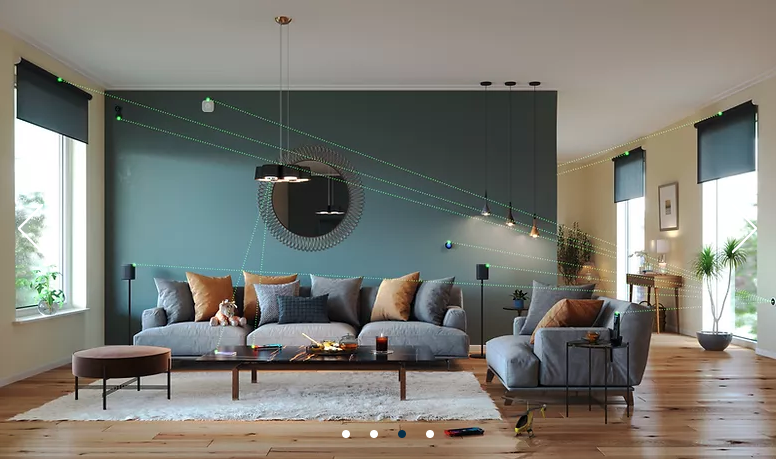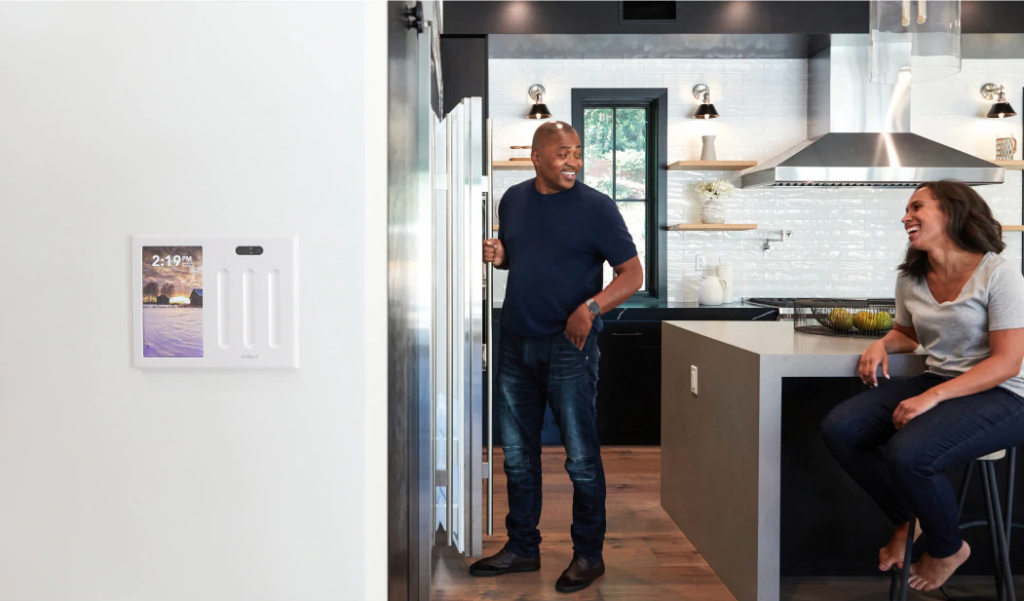Last week, we kicked off the podcast with a discussion on the Helium peer-to-peer IoT network, and this week we did the same thing. This time we dug into the disclosures that Helium didn’t actually have Lime or Salesforce.com as current customers, despite having listed them prominently on its web site. Nova Labs CEO Amir Haleem tried to explain what happened in a Twitter thread, but since the crypto industry is full of scammers, it feels like a company should aspite to higher levels of integrity. Then we discuss the planned Semtech acquisition of Sierra Wireless and explain what it might mean for LoRaWAN. Then we talk about the creation of a new connectivity and hardware company thanks to the combination of Telit and Thales’ connectivity business. From there we highlight the mailbox of the future, some cool battery tech, a secret Google device, a broken Google integration and ADT’s Google partnership. Then we note that Home Assistant’s latest hardware option, the Home Assistant Yellow is now shipping to early buyers, and discuss a smart scarf deployed by a UK soccer team to measure fans’ feelings during a match. We end by answering a listener question about how to track their laundry in the wake of Smart Dry’s closure.

Our guest this week is Ken Fairbanks, the CEO of Insteon Technologies Inc. who is ready to share what happened between the end of Insteon in April and his acquisition of the assets in June. He also discloses what comes next for the new Insteon and explains why customers were caught off guard by the abrupt closure and the equally abrupt return of service for their hubs. Fairbanks is still trying to piece together the assets he purchased, but is also trying to talk to users about what they want to see for the smart home service. He also explains why he had to charge a subscription and how he plans to move forward. If you’re an Insteon customer take a listen, and if you are smart home user you might learn why it’s so hard to restart a dying connected home business.
Hosts: Stacey Higginbotham and Kevin Tofel
Guest: Ken Fairbanks, the CEO of Insteon Technologies Inc.
Sponsors: Silicon Labs and Impinj
- Who’s using the Helium network?
- Two big mergers in industrial and enterprise IoT
- Good news from Google and some bad news from Google
- Behind the scenes during the Insteon sale
- Insteon has plans for Matter
Podcast: Play in new window | Download | Embed
Subscribe: RSS




